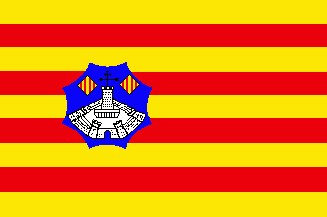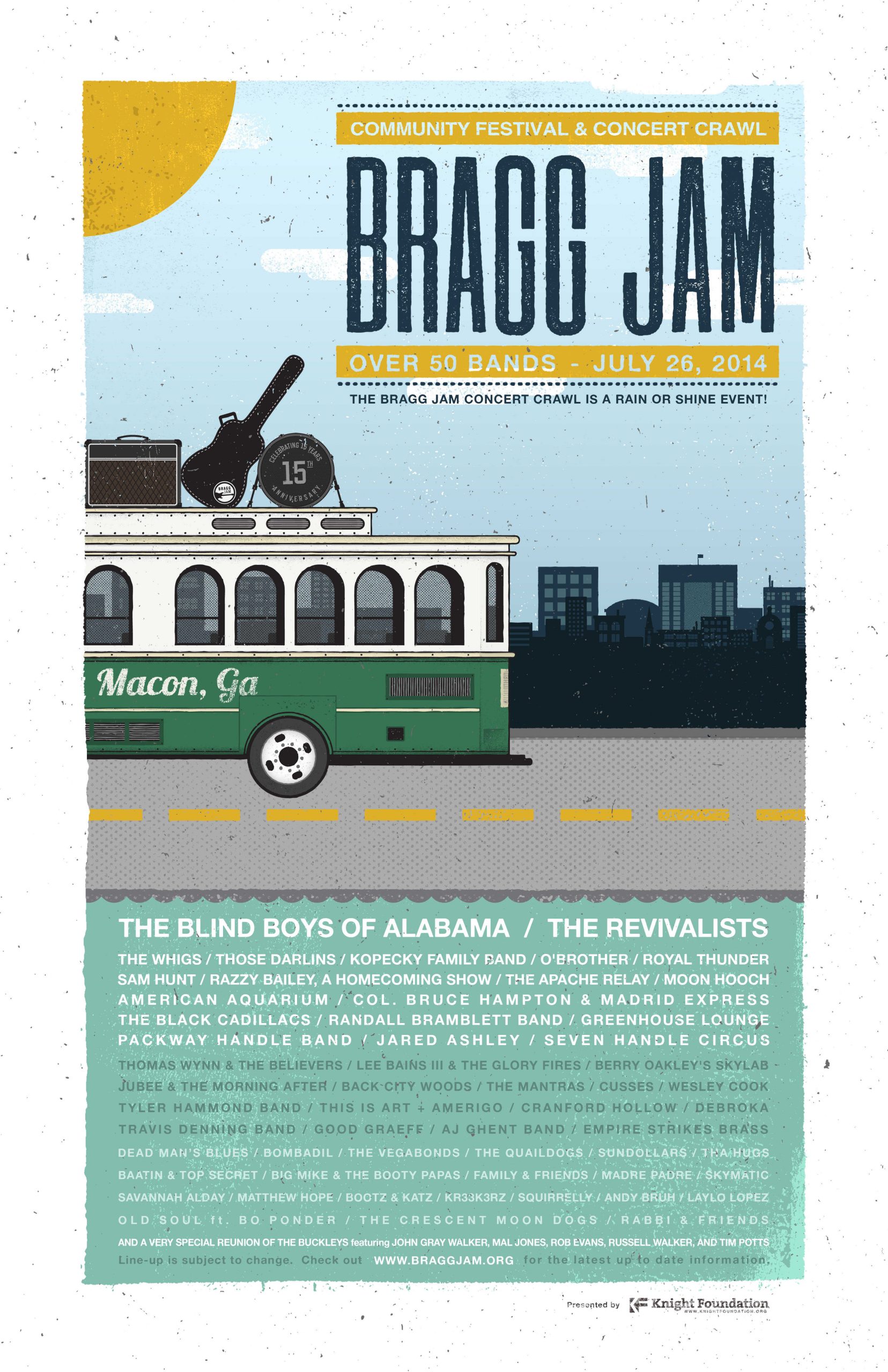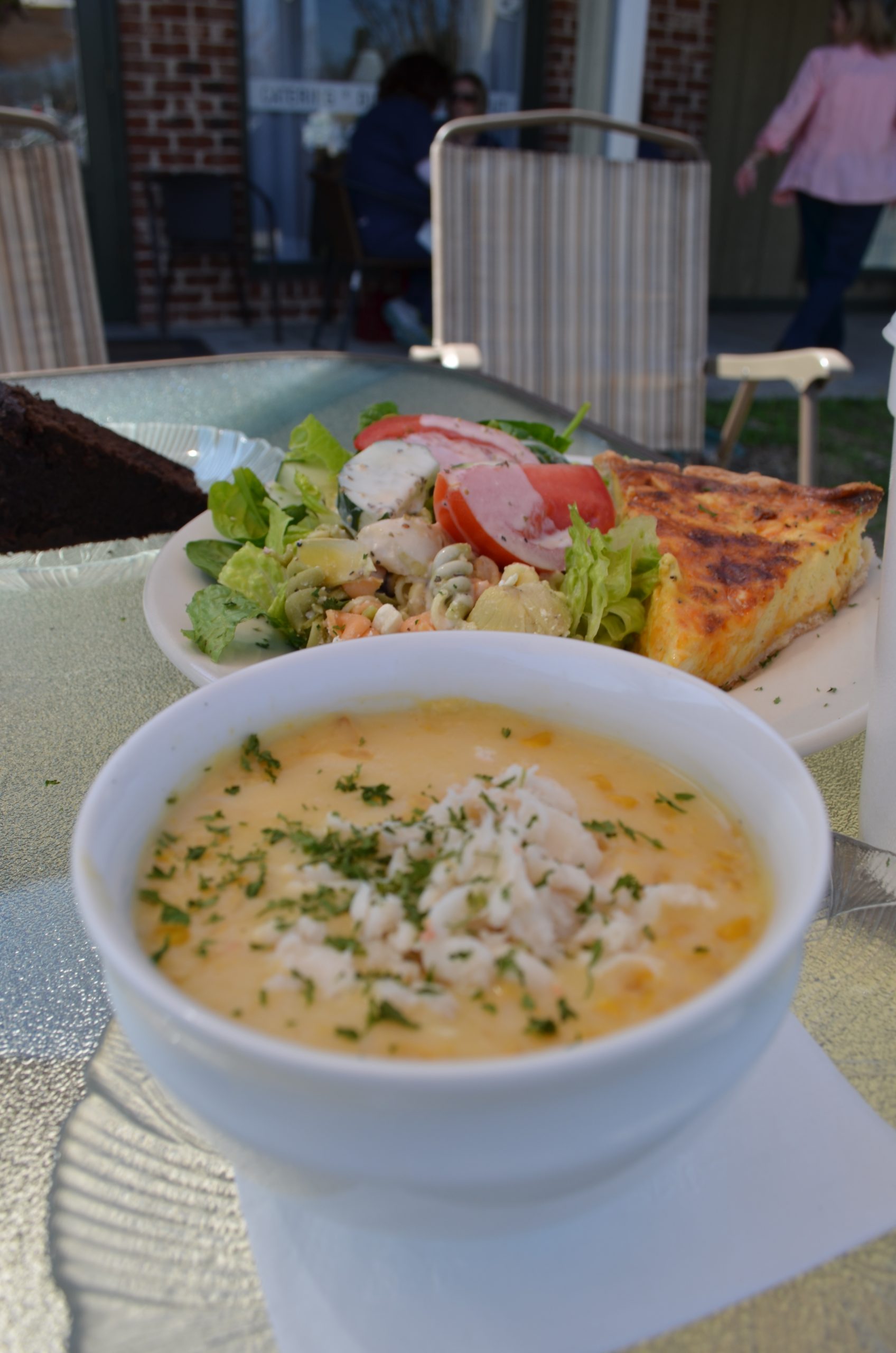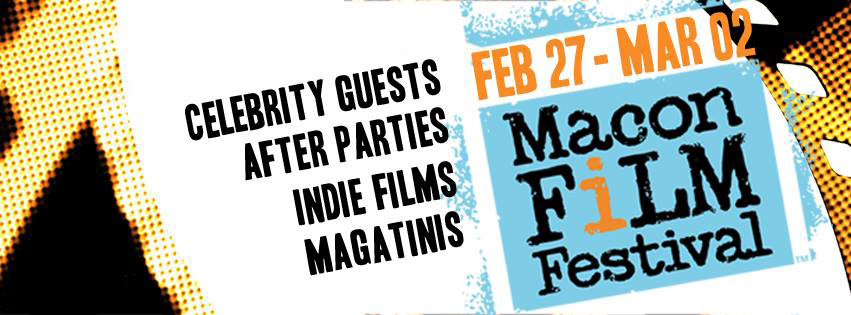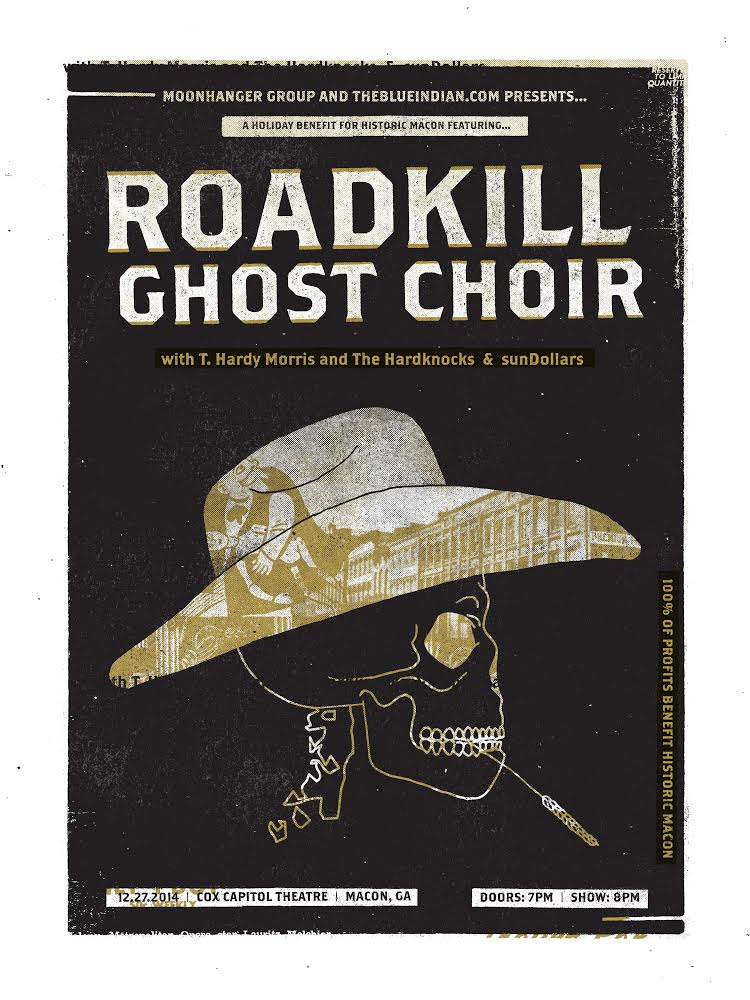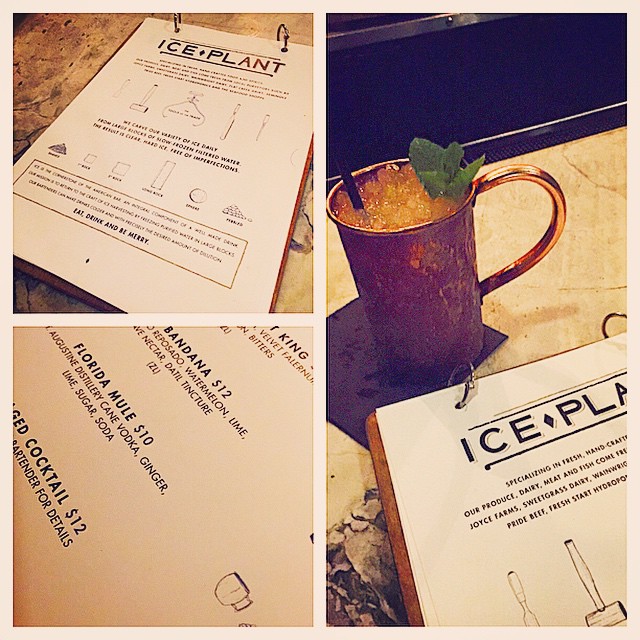Reclaiming Who I Am: My Hispanic Heritage
I stood somewhat left of center- facing some of my classmates- and not on the side of the room I expected to be.
” Molly- I was surprised! I thought you would be with us, you seem like you’ve got a little bit of soul in you.”
And I was surprised as well. It was an exercise we did in our Race Relations class for Leadership Macon, one designed to divide us among race and how we have historically seen ourselves.
Of late, I have identified more with my African-American friends. With the arguments over Tremont Temple and the 50th Anniversary of Desegregation at Mercer University and other events, I feel like I’ve been more exposed to the issues behind the Civil Rights movement than ever before. And I understand them in a way that is new to me.
Because of this, I’ve looked more at my own heritage.
I am of Hispanic heritage. Over the years since realizing this is why I looked different from my blonde haired blue eyed peers that I wanted so much to look like, I’ve tried to do a better job of embracing this. On the inside it’s something I’m proud of- but I had a realization that it’s not how I was brought up.
The exercise in my class made it an even more uncomfortable realization.
I’m well acquainted with many aspects of my heritage, mostly the more privileged parts. My maternal grandfather, working at 13WMAZ, my maternal grandmother’s artistic achievements, my paternal grandmother’s incredibly well-to-do family whose ancestors include an early member of Alpha Delta Pi at Wesleyan College and even a signer of the Declaration of Independence.
I do not look like the blonde haired blue eyed people I went to private school with, and I honestly always wanted so much to look like them. Me, myself, never liked how I looked.
I look like my Hispanic ancestors, a colony of people who were literally brought to America as indentured slaves. Yes, I am descended from slaves- not African-American slaves, but the indentured ones from Europe.
Before we Americans would invent the races of white and black (yes we invented this), those of Spanish descent were seen as a lesser race than those of English, German, and Nordic decent. I’m over simplifying this greatly for the sake of brevity.
New Smyrna was the plantation of one Dr. Andrew Turnbull, a Scottish doctor, just south of St. Augustine, Florida.
My ancestors just barely survived the awful conditions, and were kept past their original contract. It would be these courageous survivors who would revolt and march towards their freedom in St. Augustine, where they would be given refuge.
And yet, when I am asked questions like “do you see many people who look like you on tv shows/ads” I still, internally, see myself as aligned with the blonde haired blue eyed people that I do not physically look like- but have been taught to self-identify myself with. When truthfully, if think of those who really do LOOK like ME, no- I don’t see a lot of examples of those people in traditional media. It’s getting better, but only recently.
I’m also a little afraid that others will see past my only recently claimed heritage, as if I am not really like them. I feel caught between what I was taught my heritage was, what I physically look like, and the heritage I’m still learning so much about.

Next year is the 450th anniversary of St. Augustine, the oldest continuously lived in city in America. I look forward to learning more about that part of my heritage, the one that was not glamourous- but in fact, barely survived to allow my birth and the births of those before me. I want to learn more about the people who do look like me.
Note: To any St. Augustine viewers- I am descended from the Pacettis and Genovars. My grandfather’s grandmother was Angie Pacetti, and her grandparents were Vicente Pacetti and Margarita Genovar. Vicente’s father was Andres Pacetti, of Sicily and his mother was Maria Castell of Minorca. Margarita’s father was Franciso Genovar of Minorca, and her mother Antonia Pelegrina of St. Augustine, British East Florida at the time of her birth.
Love to all y’all,
Molly

